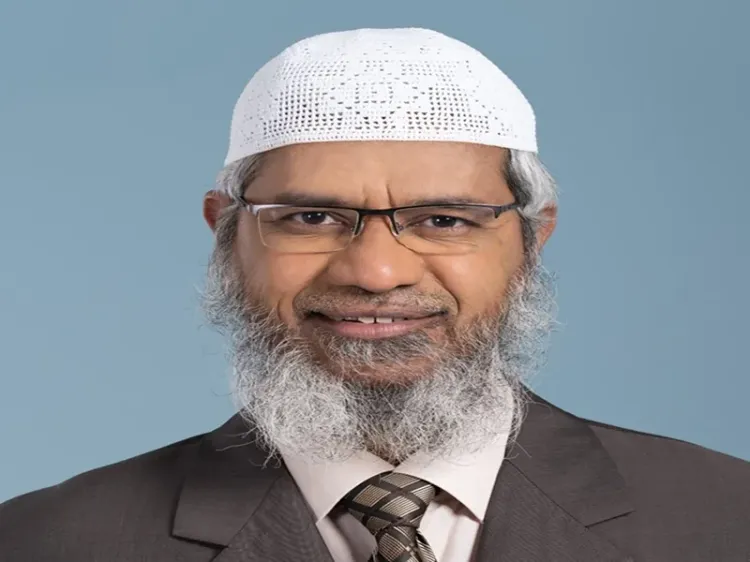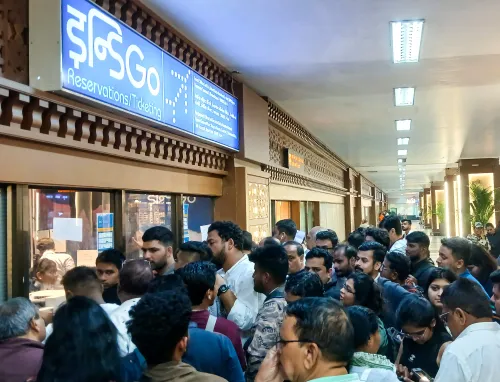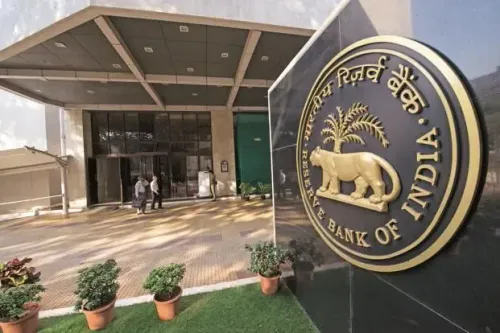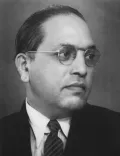Does Zakir Naik Present a Serious Security Threat to India?

Synopsis
Key Takeaways
- Zakir Naik is a fugitive preacher wanted for inciting violence.
- His teachings have inspired various individuals towards terrorism.
- Despite multiple extradition requests, he remains free in Malaysia.
- Naik's influence extends beyond India, affecting youth globally.
- His messages are disseminated widely, making him a significant threat.
New Delhi, Aug 30 (NationPress) Recently, the Andhra Pradesh police apprehended Abubacker Siddique, who operated independently and was described as a significant threat due to his advanced bomb-making capabilities.
During the interrogation, he disclosed that he worked alone and was influenced by the teachings of Zakir Naik, an individual on India's most-wanted list, currently residing in Malaysia.
For years, Indian authorities have sought Naik's extradition, but he remains free in Malaysia, with no restrictions on his movements. He even made a recent trip to Pakistan, where he received a warm reception.
While Naik does not lead dedicated terror cells or orchestrate attacks, he operates as an influential figure, propagating a radical ideology that encourages individuals to embrace violence or terrorism.
Having fled India in 2016, Naik is wanted for offenses related to money laundering and inciting extremism through hate speech. His rhetoric has led to his rejection by many countries, as it incites youth towards violent paths.
India has repeatedly requested his extradition, but Malaysia has declined each time. In 2019, then-Prime Minister Mahathir Mohammad stated that Malaysia has the right to deny extradition if Naik would not receive justice in India.
The case of Abubacker Siddique starkly illustrates that Naik's continued freedom poses a significant security threat to India. His influence extends beyond Indian borders, evidenced by the 2016 Dhaka café attack that resulted in 22 deaths, where the attackers cited his speeches as motivation, even though Naik was not involved in the planning.
Indian intelligence agencies consider Naik potentially more dangerous than organized terror groups. His speeches, which reach millions online, have raised alarms among security officials.
Although the Malaysian government has not extradited him, India hoped that the ban placed on Naik in 2019 would hold. However, in February, Saifuddin Nasution Islamil, a Malaysian minister, announced that there were no restrictions preventing him from speaking publicly.
Despite openly supporting Al-Qaeda, Naik is not officially affiliated with any terrorist organization. He operates independently but effectively disseminates his messages.
Indian officials argue that Naik is among the world's most dangerous preachers. His vehement messages and persuasive speaking skills enhance his threat level. Unlike other radical speakers who use Urdu or Arabic, Naik communicates in English, enabling him to reach a broader audience, particularly the youth.
Naik's capacity to radicalize individuals through hate speech has not gone unnoticed in Pakistan, where he received a state-level welcome, despite India's protests. During this visit, he met with former Prime Minister Nawaz Sharif and his daughter Maryam Nawaz.
Indian officials claim that Naik has adeptly navigated the landscape. Unlike groups such as the Islamic State, he refrains from making overt calls for violence. Instead, his subtle influence spreads radicalization among the youth.
Though Naik had no direct involvement in cases like that of Abubacker Siddique or the Dhaka Café attack, the attackers have admitted to being inspired by his speeches. This complicates efforts to hold him accountable, as he exploits the guise of free speech, while his rhetoric fuels violence.










